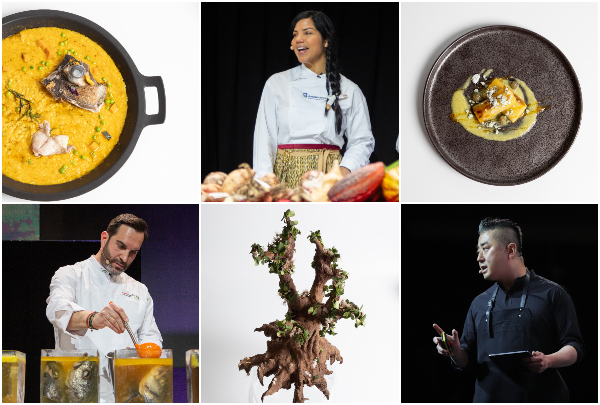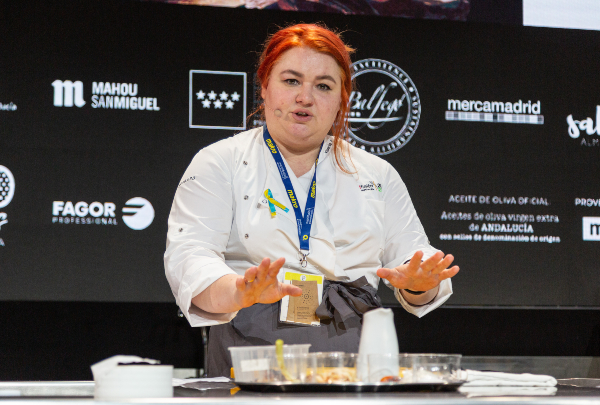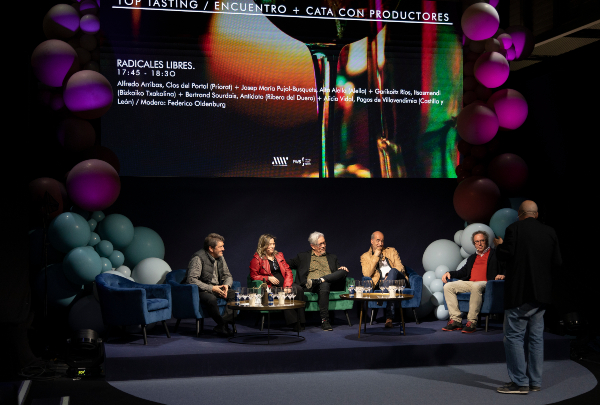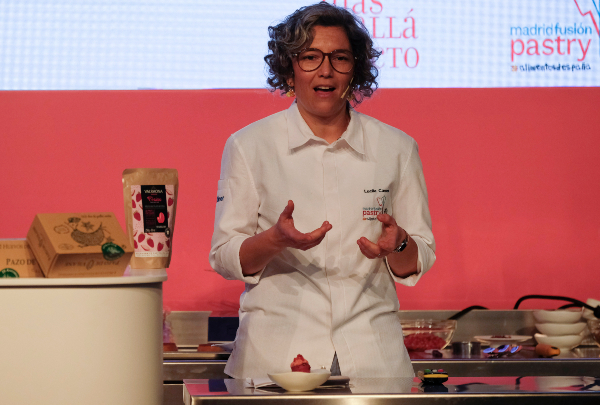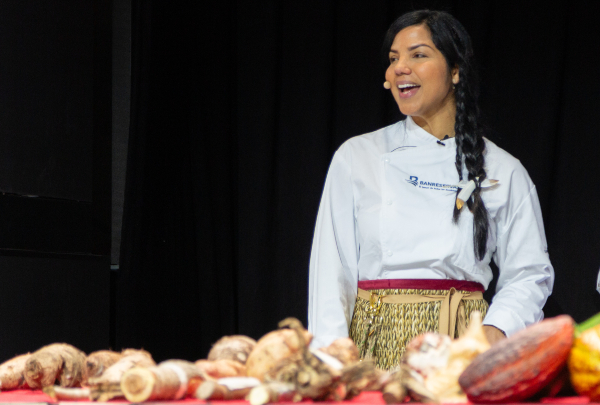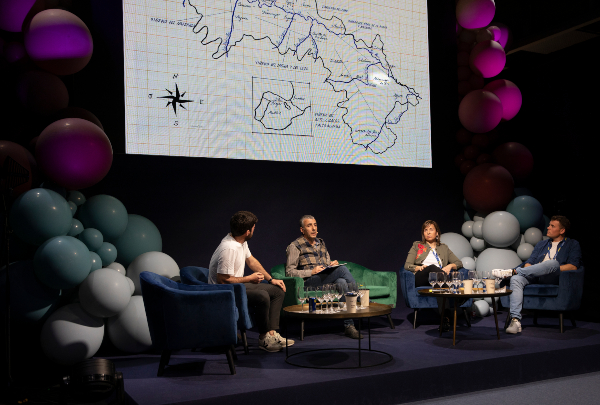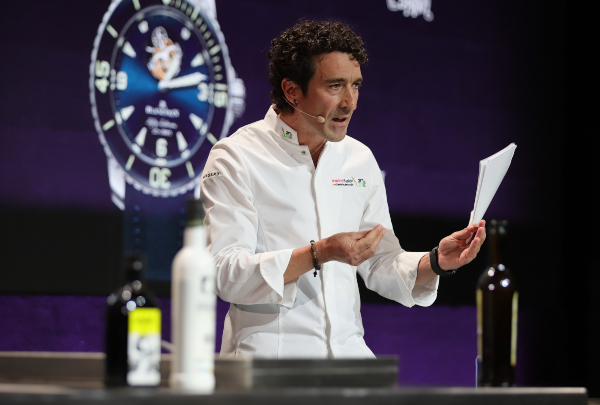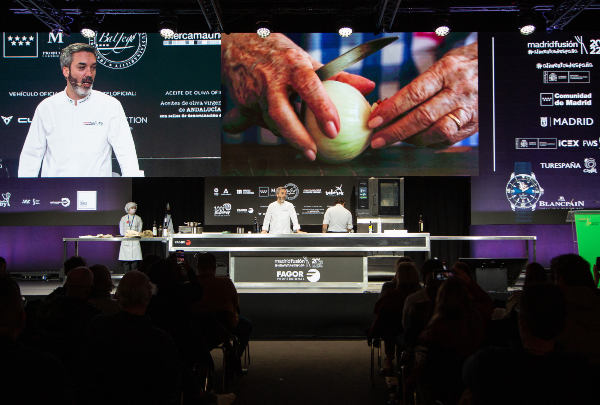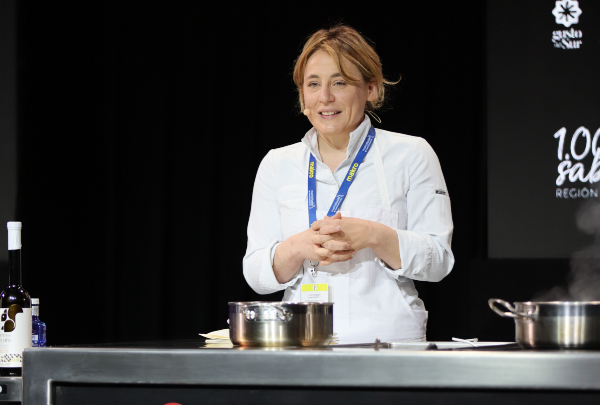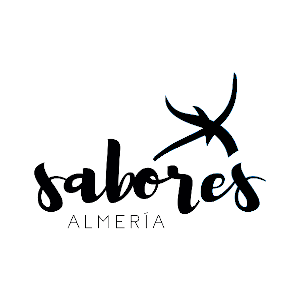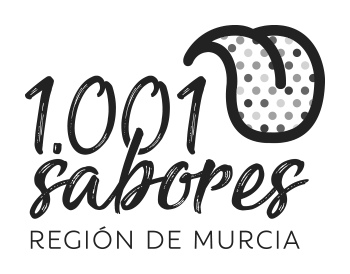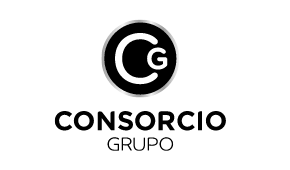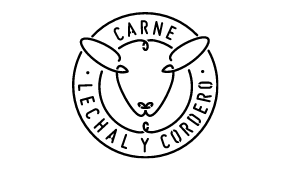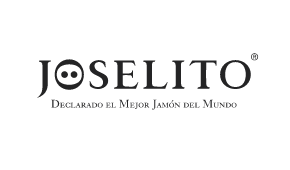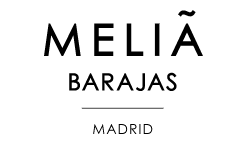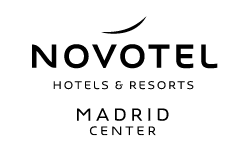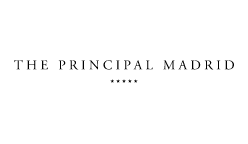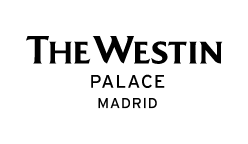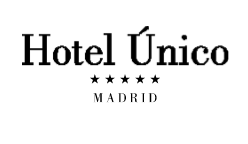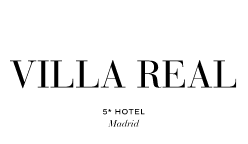News
Joan Roca, when the impossible becomes possible
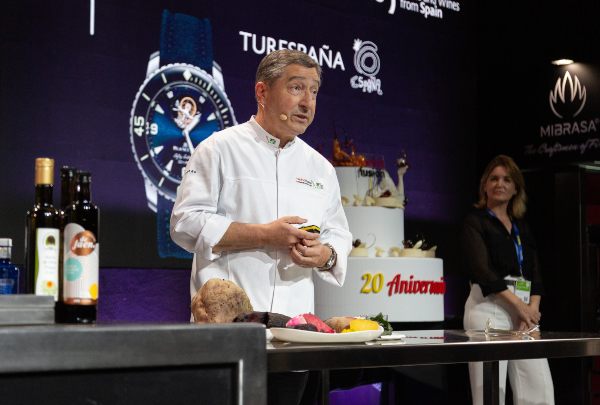
El Celler de Can Roca's chef confirms his faith in innovation and a new look at "the world of vegetables", which has come into its own at his restaurant.
Impossible means you have not found the solution yet. With this slogan, Joan Roca, a leader of creativity in Spain and indeed the world at El Celler de Can Roca***, turned up before an eager audience at Madrid Fusión Alimentos de España to tell congress-goers about the restaurant's developments, inventions and new projects over the last 20 years. "The Roner, the smoke pipes, the trip to Havana, wine-cooking, perfumes, sugar-blowing, solid cava, distillates, the dealcoholisation of wine, perfume-cooking, supercooling, the Somni, moving plates, "Terra Animada", the 3D dish, the tours by the three brothers, Roca Recicla, Esperit Roca, Tocaplatos, "enfleurage" and Rocook", terms which have now come up again, but have formed part of his cuisine for so long, at the service of gastronomy that makes the impossible possible. "It's all a matter of work", said the El Celler chef.
Listening to Joan Roca is enjoying a lesson in life, a pleasant vision of the future, enthusiasm and love of cookery, in a relaxed tone that makes you think everything is possible. "Without this platform we couldn't have told the whole story, and we wouldn't be what we are. It's true that the restaurant has inertia and it works, but this platform is vital because it enables us to reflect on the techniques and recipes we're doing with everyone", he explained. A huge statement of intentions by a leading light of Spanish gastronomy towards Madrid Fusión. And in this continuous evolution of the cooking of the Roca siblings, the vegetable world has unexpectedly come into its own. "Our gaze into the world of vegetables has grown more intense, and now 80% of El Celler's fare is vegetables”, said Roca. "We take a more direct look at the land, at our own plantation". A vegetable world in which they feel comfortable, a world "we like".
By way of a demonstration of that continuous search for the impossible, Roca showcooked a Llavaneras peas recipe. "Good peas shouldn't be touched up too much. Although I do give them a little perfume", he said. First they are daubed with butter and cooked in the steam given off by a Maresme wine in the dining room until they are warmish. "The recipe is rounded off with a foam made from the pea pods, and some Montseny wasabi", he told congress-goers, before moving on to explain that the key feature of this dish is for the texture of the peas to be achieved without even hardly touching them, and allowing them to be impregnated with the aroma of the wine.
He then presented a beetroot recipe to give "another dimension to an extremely versatile vegetable worked in eight different ways". A feat similar to the Jerusalem artichoke used to make an emulsion purée with pectin, in a bid to reproduce the "middle of a sunflower" with a double tempura where the crunchy section is the unexpected high point. But Joan Roca's impossibles list is never-ending, and he can conjure up a spectacular dish with just a few broad beans. "We decided to do this when we opened up a bean pod, and a white foam appeared on the inside, and we fried it. We add a filling with some "mole" sauce to the beans, cooked like soufflé potatoes, lemon preserve and fresh mint, for a delicious snack.
Roses
And, talking of delicious items, few flowers are as marvellous as roses, and Jordi Roca even has one named after him. "A Dutch horticulturist named a rose after my brother, and so we created a recipe in his honour", says the chef. "We decided to make a dessert with a taste like the rose, with the same taste and aroma". So they use lychee, orange, grapefruit, an infusion and preserve made from the rose petals, and macadamia, hydrated and cut fine with a mandoline - "it turns into petals like fine metalwork".
A base of pastry cream with roses, rose petal preserve, the lychees, the grapefruit, citric gumdrops and melon drenched in orange juice produces nuances that are rounded off "by painting the dessert with rose water (using a compressor), for the taste and smell of roses".
Finally, Roca revealed the cookery competition hidden away behind the walls of El Celler, in which all the chefs in the kitchen compete. It is a kind of Master Chef contest, where the Roca brothers are the jury panel, and the prize is dinner at the restaurant. Tom, the winner of the last competition, demonstrated a recipe where re-use was the main feature. "Even the plate, which was broken - he decided to turn it over and reuse it, even the ingredients", says Joan. A plate gazing at the land where, once more, it has been demonstrated that the impossible is possible.

 600.jpg)
